Impact In Action
Higher education teams, professional associations and credential developers are using the Credentials Framework Beta test to improve clarity and parity across the complex credentials landscape. See below for examples and ideas.
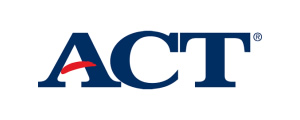
Helping Users Understand Links Between Credentials
ACT used the Framework to illustrate the levels of knowledge and skills inherent in the ACT WorkKeys National Career Readiness Certificate (NCRC) allowing users to easily make connections and linkages between the two tools and to connect ACT WorkKeys to credentials like MSSC quality and safety modules.
The project suggested the beta Connecting Credentials Framework was a valid “translator” and “connector” for various types of credentials. ACT hopes to repeat this project to align WorkKeys to other industry credentials and to align both to curricular outcomes.
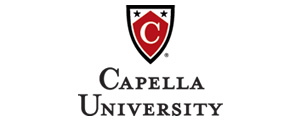
Comparing and Communicating Courses Across a Program
Capella University believes a coherent and transparent competency-based curriculum enables the organization to provide adult learners with impactful educational credentials. Over the last year, a select group of Capella University faculty and staff has used the Beta Credentials Framework to analyze their program’s competencies, with encouraging results.
Internally, the framework’s leveling approach has been helpful in providing the appropriate amount of scaffolding in courses and throughout a program. Externally, the Beta Credentials Framework establishes a common reference hierarchy needed to connect and differentiate credentials. With the framework, administrators can understand the similarities and differences of their credentials via associations supported by the Competencies and Academic Standards Exchange (CASE) specification. The framework also helps learners find relevant credentials via the Credential Engine’s registry and communicate the significance of their achievements to employers via digital credentials.
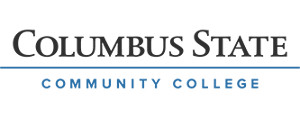
Creating a New Path to Certification in Childhood Development
Columbus State Community College (CSCC) saw an opportunity to help those entering the Early Childhood Development field successfully secure Childhood Development Association (CDA) certification. CDA certification has been mandated in many states, including Ohio.
The college used the Framework to align program competencies and create a path for those practicing in the field to secure the certification and receive credit toward a degree. CSCC has secured a completion scholarship from AT&T for those who completed the certification and enter into the Early Childhood Development Education program.
The project was so successful that the City of Columbus awarded the college $300K for implementation.
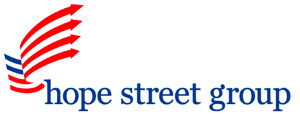
Finding and Developing Retail Talent
Hope Street Group Project recognized that for small and medium-sized retail businesses, securing and retaining quality employees is a challenge. The Beta Connecting Credentials Framework was used to develop an easy way for these businesses to explore and adopt a competency-based Talent Management System.
This system can be used to help retailers hire the right people for the right job, help improve employee performance and help employees understand what skills are needed to progress in a retail career. The system is flexible and adaptable so the specific talent needs of the business can be addressed.
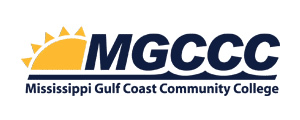
Verifying an Investment in Workforce Development
Mississippi Gulf Coast Community College (MGCCC) has had a long standing and continually growing involvement in the Workforce Investment Opportunity Act (WIOA) system in their district and state.
The college was approached by the state’s Workforce Investment Board to help with the verification of the state’s “Smart Start” curriculum and credential. MGCCC used the Beta Connecting Credentials Framework to profile the credential for the State of Mississippi.
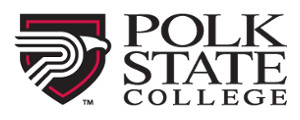
Developing a Self-Paced Format Between Gen Ed and Career Tech
Polk State College sought to overcome the challenge that many community colleges face—integrating and aligning general education courses to career technical education programs.
Polk State used the Framework to convert learning outcomes in math and science to competencies, and then align those to competencies in the Engineering Tech program. The process helped transform those courses to a self-paced format and paved the way to expand the model to other curriculum development projects.
Additionally, Polk State introduced the project to 20 other community colleges in the Florida State system who then profiled their programs to determine alignment and help students who want to move from one college to another without losing credit.
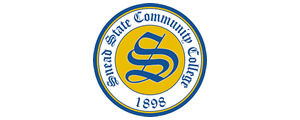
Rethinking Student Learning Outside of the Classroom
Snead State Community College initially used the Framework to profile CyberSecurity credentials to specific courses and sequence of courses in the college’s computer science program. The goal was to imbed specific industry assessments within relevant courses. This work has led to a rethinking of how to assess learning outside of the classroom.
Dr. Robert Exley, Snead State Community College President, states: “[The Project] has shifted my thinking significantly with regard to Prior Learning Assessment… I believe that higher education is at an evolutionary point where we must have the courage to re-visit every aspect of our enterprise. The primary focus of our work… must pass the test of connectivity. In short, we must be able to clearly articulate how what a student learns connects to his/her daily life/work.”




